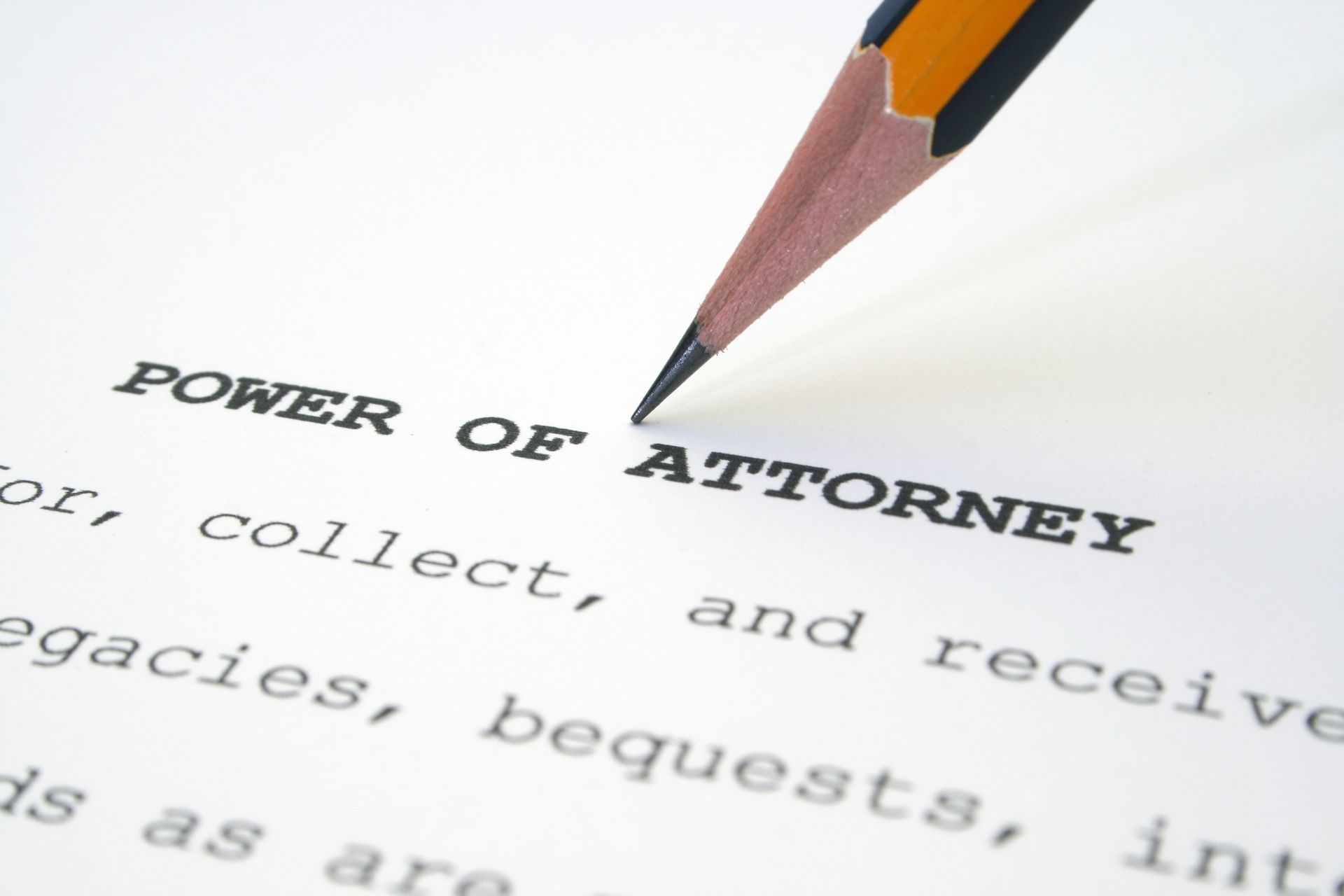What a Drug Crimes Defense Attorney Can Do for You
Being charged with a drug crime in Connecticut is a serious matter that can have significant repercussions on your life. The legal system is complex, and the penalties for drug-related offenses can be severe. At Maffeo Law Offices, LLC, we understand the gravity of these charges and are committed to providing expert legal defense. Here’s how a drug crimes defense attorney can assist you through this challenging time.
Understanding Drug Crimes in Connecticut
Drug crimes encompass a wide range of offenses, including possession, distribution, manufacturing, and trafficking of controlled substances. The severity of the charges and the potential penalties depend on various factors, such as the type and amount of the drug involved, prior criminal history, and specific circumstances of the case.
Why Hire a Drug Crimes Defense Attorney?
- Expert Legal Knowledge: A defense attorney specializing in drug crimes possesses in-depth knowledge of Connecticut’s drug laws and the criminal justice system. They understand the nuances of the law and how to effectively navigate it.
- Protection of Your Rights: From the moment of your arrest, your rights need to be protected. An attorney ensures that law enforcement and prosecutors do not violate your constitutional rights, such as illegal searches and seizures.
- Thorough Case Evaluation: An experienced attorney will thoroughly evaluate your case, examining all evidence, police reports, and witness statements. They identify any weaknesses in the prosecution’s case and build a robust defense strategy.
- Negotiation Skills: Often, drug cases can be resolved through plea negotiations. A skilled attorney can negotiate with prosecutors to reduce charges or secure alternative sentencing options, such as rehabilitation programs instead of jail time.
- Challenging Evidence: An attorney can challenge the validity of the evidence against you. This includes questioning the legality of the search and seizure, the accuracy of lab tests, and the credibility of witnesses.
- Court Representation: If your case goes to trial, having an experienced defense attorney is crucial. They will present your case, cross-examine witnesses, and argue on your behalf to achieve the best possible outcome.
The Role of a Drug Crimes Defense Attorney
- Initial Consultation: Your attorney will meet with you to discuss the details of your case, explain your legal options, and develop a defense strategy.
- Investigation: They will conduct a thorough investigation, gathering evidence, interviewing witnesses, and reviewing police procedures.
- Filing Motions: Your attorney can file motions to suppress evidence obtained illegally or to dismiss charges if there are grounds to do so.
- Plea Bargaining: If a plea deal is in your best interest, your attorney will negotiate with prosecutors to secure the most favorable terms.
- Trial Defense: If your case goes to trial, your attorney will provide vigorous defense, presenting evidence, and arguing your case to the jury.
Why Choose Maffeo Law Offices, LLC?
At Maffeo Law Offices, LLC, we are dedicated to providing aggressive and compassionate defense for individuals facing drug charges in Connecticut. Our experienced attorneys understand the complexities of drug crime cases and are committed to achieving the best possible outcome for our clients.
Facing drug charges in Connecticut is a serious matter that requires expert legal representation. A drug crimes defense attorney can provide the guidance, support, and defense needed to protect your rights and secure a favorable outcome.
If you or a loved one is facing drug charges, contact Maffeo Law Offices, LLC today for a consultation. Let us help you navigate the legal complexities and work towards a positive resolution for your case.










